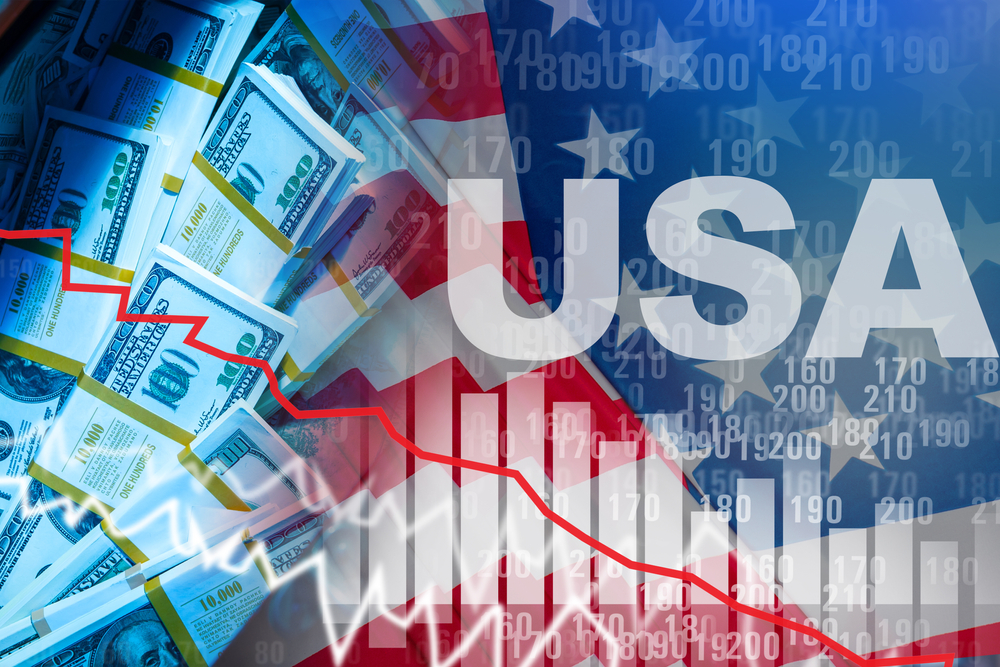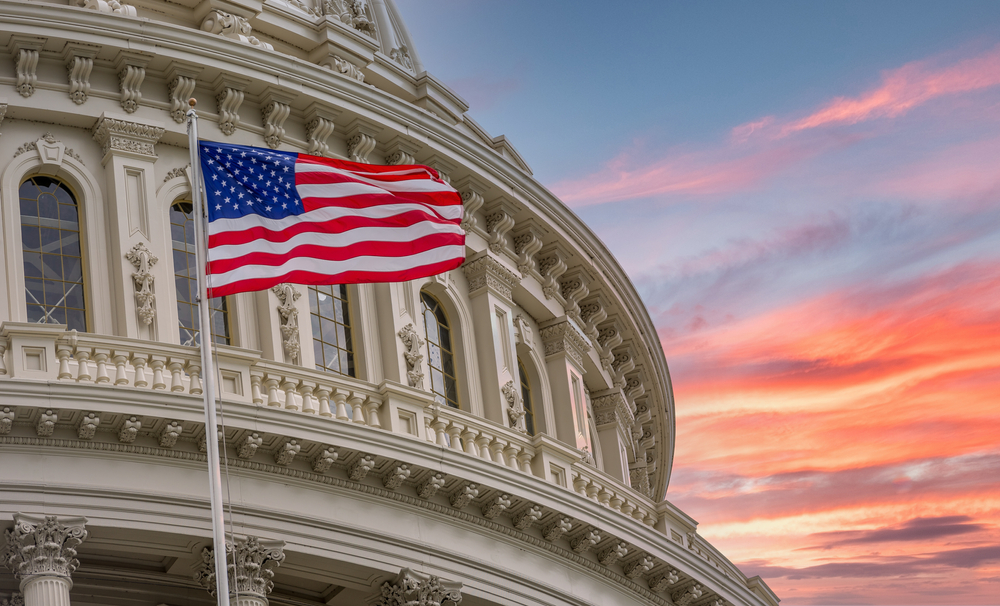The most litigious countries in the world are the United States, Australia, Germany, and Sweden. The United States has the reputation of being the most litigious country in the world, and it is a safe assumption to make.
Still, Australia, Germany, and Sweden are also hot contenders for being countries where its citizens are inclined to handle issues in a legal manner.
The most litigious countries in the world are the United States, Australia, Germany, and Sweden. This estimate is based on the number of dollars spent per person in the country on contingency fees, although not every country will publish those numbers.
Countries with high rates of contingency fees are countries that are the most likely to have the highest rates of lawsuits in their nation.
Table of Contents
Why is the United States the most litigious country in the world?

The United States is reputed both colloquially and economically as the most litigious country in the world. This is a reputation that is based on the number of dollars spent annually on lawsuits.
It has been reported that the United States spends approximately $310 billion and 2.2 percent of its GDP on lawsuits.
That translates to approximately $1,000 per citizen on civil lawsuits alone. Some of those damages go to victims and others go to legal costs that are typically awarded to the party with the successful motion.
In many cases, half of the damages awarded to victims are the sums of legal fees connected to the case.
Contingency fees on a personal injury claim can be as high as 40 percent in some cases. When a system provides for contingency fees, it also provides for an increase in the number of lawsuits.
That is with the intent to ensure that all parties in the system with a claim are heard in the courts, despite the eventuality of legal costs.
Do contingency fees help countries like the United States?

Contingency fees help because they alleviate upfront legal costs for plaintiffs with sincere damages. Litigation occurs in a country when someone, either a business or an individual, has a legal claim against another party.
In some cases, the legal claims are for personal injuries, and lawyers work on contingency fees to help plaintiffs save on upfront costs for litigation.
A contingency fee is a form of payment for a lawyer, where the lawyer’s fee is taken from the damages awarded when the lawsuit is over. It is a percentage, that could range anywhere from 10 to 40 percent, or higher in some cases.
So if a plaintiff wins $100,000 and the lawyer is paid a 40 percent contingency fee, the plaintiff wins $60,000 and the lawyer earns $40,000 for the lawsuit.
This is where the phrase “You don’t pay unless you win comes from.” There are some that argue that a contingency fee-based system will naturally increase the number of frivolous lawsuits, and there is some merit to that.
Still, most lawyers working on contingency are unlikely to take a case that they feel is weak or will be a fight to win, and contingency-based lawyers on average believe that plaintiffs with sincere damages would suffer in life without their service.
Is Canada as litigious as the United States?

It is incorrect to say Canada is as litigious as the United States; however, Canada and the United States have very similar legal systems.
Canada can be as litigious as the United States but is not in the top five countries as most litigious in the world.
Dispute resolution in Canada is handled in the same way that it is handled in the United States. Both businesses and individuals in Canada can file legal claims when they feel they have been wronged or suffered damages.
In both countries, you can only make a legal claim in court or in a lawsuit when someone else has wronged you, caused damages, or been negligent in some way. If the complaint meets a certain list of criteria and there is evidence to substantiate it, the claim can proceed.
It is not true in either country that you can sue for anything, and the United States may have more claims than Canada as their population is significantly larger.
Is Australia among the most litigious countries in the world?

Some experts do claim that Australia is more litigious than America, or comes in a close second place. Class action lawsuits in particular tend to be more popular in Australia.
Large companies have been sued in Australia, and these lawsuits have become more high-profile situations as the public becomes more aware of these issues.
Companies such as Volkswagen and the oil company of Petrobras have faced class-action lawsuits in Australia. For Volkswagen, an emissions problem resulted in more disclosure on the part of Volkswagen in a country with public climate change initiatives.
The scandal in Australia was similar to the Enron scandal in the United States.
Another issue that Australia faced in a class action was with the oil company known as Petrobras. The BHP Billiton mine also faced a class action after a collapse during a joint project with Brazil.
High-profile class action lawsuits in Australia have spurned interest in lawsuits in general with the general public, and this has resulted in a reputation for Australia being among the most litigious countries in the nation.
What countries are litigious in Europe?

Germany and Sweden are among the most litigious countries in Europe. Germany is said to have a lawsuit number of approximately 123 lawsuits per 1,000 citizens.
Sweden is said to have approximately 111 lawsuits per 1,000 citizens.
Israel and Austria are next on the list for global ramifications of litigation. Israel reportedly has 96.8 lawsuits per 1,000 citizens, and Austria has 95.1 lawsuits per 1,000 citizens.
Interestingly, the United States has even fewer lawsuits per 1,000 citizens than any of these countries but spends more of its GDP on legal action than any other nation.
Following these countries, the United Kingdom, France, Denmark, Portugal, and Hungary are other nations in Europe that are considered heavily litigious. This is important from a global perspective when it comes to commercial trade.
The Uniform Commercial Code (UCC) in the United States offers support for contract drafting which significantly reduces the impact of a class action or corporate litigation with other nations.
Are litigious countries seen as vexatious countries?

It is not necessarily true that litigious countries are vexatious countries – it is an urban legend that being litigious makes one vexatious. This is true whether the lawsuit comes from a country, a company, or a person.
Every court in every nation has rules and laws about vexatious lawsuits, and they are simply not allowed and are easily dismissed in court.
Sanctions and fines can be levied against both plaintiffs and lawyers for filing a vexatious claim. Still, when an individual, corporation, or even a country, has a reputation for being litigious, it can also be seen as a vexatious country.
The simple fact is that lawsuits arise as a result of damages and lost rights. If one country is in court frequently, and billions of damages are being paid annually because of that, the country should not have a reputation for being vexatious.
Rather, this would be a nation that the world can view as one that fights for rights and damages and helps those that are wronged with a legal system that can help them to preserve those rights.
Who do you think is the most litigious country in the world?

The United States is typically considered the most litigious country in the world, based on how much of its GDP is spent on lawsuits annually. Still, they spend less per person on lawsuits than other nations do.
That should indicate that the United States may not be the most litigious country in the world.
Other countries such as Germany, Sweden, Australia, Israel, and the United Kingdom will be mentioned by experts when the subject comes up. As far as the United States is concerned, they are considered litigious, but also very fair by a system that is protected by its Constitution to ensure fair and speedy trials for any kind of lawsuit.
Other countries such as Canada are very similar in how their systems operate, and while it may make these countries seem litigious, the fact remains that perhaps these nations need these systems to ensure all citizens are represented fairly in civil matters.
After learning these things, who do you think is the most litigious country in the world?

















